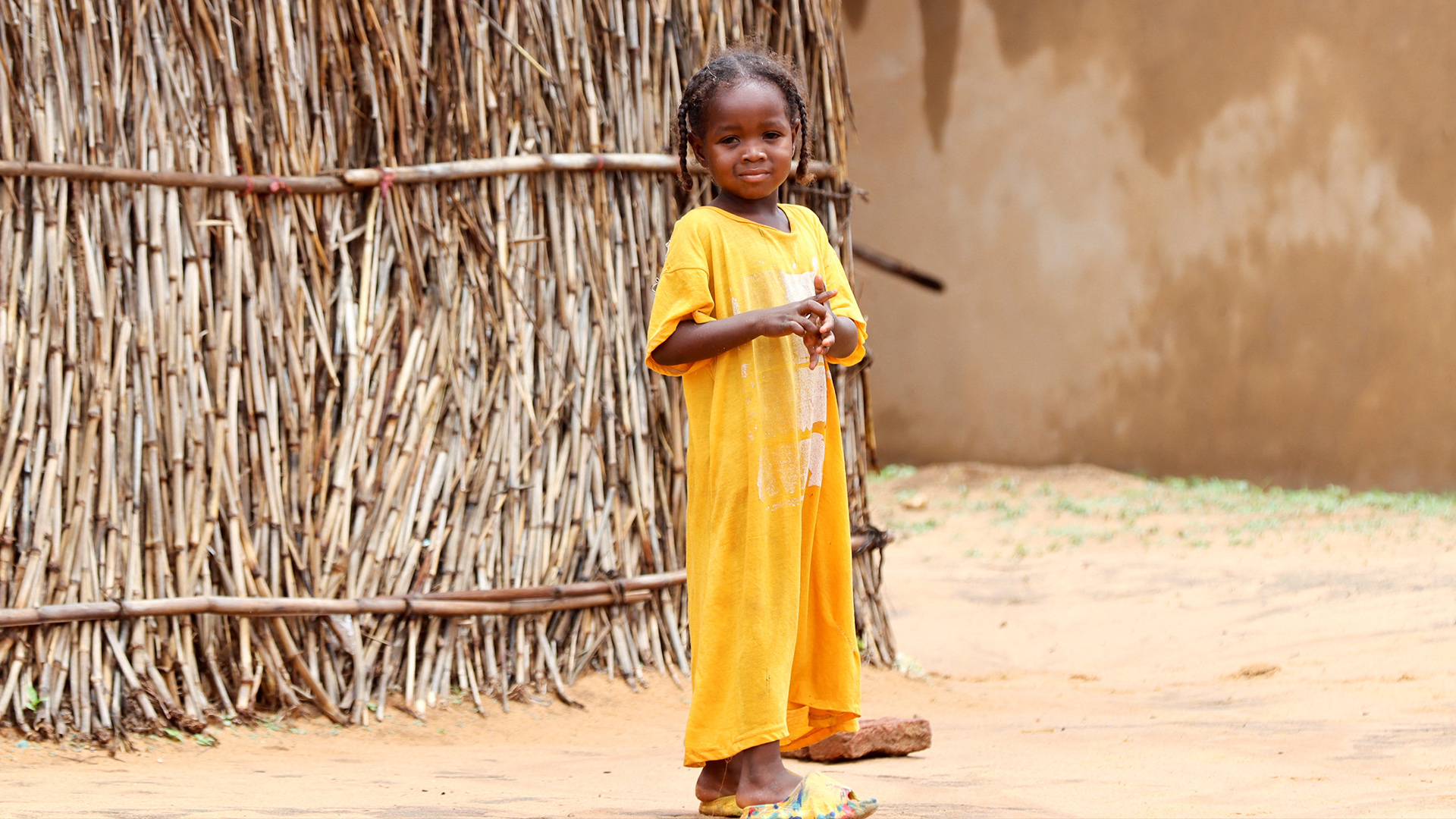As Trent Alexander-Arnold stripped off his training gear on Sunday, ready to make what would likely be his penultimate appearance as a Liverpool player at Anfield, the boos from some had already begun.
After more than two decades with the club he grew up supporting, Alexander-Arnold, now 26, faced the wrath of a percentage of their fans.
It was his first appearance for Liverpool since announcing he would leave when his contract expires on 30 June. He came on as a 67th-minute substitute to a chorus of boos, which drowned out those inside the stadium applauding.
It is expected that the right-back will join La Liga side Real Madrid.
Since bursting on to the scene as a teenager under the management of Jurgen Klopp, Alexander-Arnold has won everything there is to win at club level in England – finishing with a second Premier League title for him and a 20th top-flight success for Liverpool.
So why the animosity?
‘It feels like a betrayal’
Lifelong Liverpool fan Carl Duffy, 41, was at the game with his daughter in the main stand, and said both of them booed Alexander-Arnold’s introduction.
“The reason we booed comes down to a number of things, some of which in isolation would make this scenario different but combined it was always going to lead to this,” Duffy explained.
“Trent claims to be a local lad whose dreams came true, always talking about watching the 2005 Champions League trophy coming home from his house on Queens Drive. His idol was Steven Gerrard. Everything about him screamed ‘he’s just the same as us’.
“We identified with him, he was living our dream. To us it gets no bigger than Liverpool being on top and being part of that.
“In our minds nothing is bigger than Liverpool, that’s how it is here. It feels like a betrayal, a backstab, like everything that was said before wasn’t really true, or at least not as true as was portrayed.”
Duffy isn’t worried about the hole Alexander-Arnold’s exit leaves in the squad but said the emotional aspect was tough to accept.
“We’ve lost big players before like Michael Owen [to Real Madrid in 2004] – the next year we won the Champions League, so history tells us not to cry about losing a player,” Duffy said. “It’s the hurt and emotion behind it that’s the killer, not the loss of a right-back.
“I think if Alexander-Arnold had anything about him, he’d have signed a new deal with a clause for Real Madrid set at say £40m and said: “‘I’m not going to screw Liverpool out of money. If Madrid want me that much they will pay the fee.'”
Richard Davis, 50, was at the game against Arsenal and also condoned the booing from some supporters.
“Alexander-Arnold is widely known as a local lad that is a Liverpool fan,” he said. “I, and most fans, can’t even begin to imagine how amazing it would be to be in his place so where’s the respect to ‘his’ club?
“If you genuinely love the club, and care, why would you run your contract down for the last year or so, to make sure that the club gets absolutely nothing to replace you after they have invested for the last 20 years in turning you into the superstar that you’ve become?
“No-one begrudges any Liverpool player wanting to change their lives and go elsewhere if they want to, but go the right way. Go with respect and some class. Be honest and straight with the club, and don’t play this ‘will I, won’t I?’ game that he’s been playing with them.
“I am a fan, and this does mean more. Alexander-Arnold would have been a legend of the club had he stayed. He would probably been in most fans’ top 10 Liverpool players of all time – but I think that legacy has all gone now and he’s really tarnished how he’s left so badly.

‘I found it disturbing and uncomfortable’
In 2021, Alexander-Arnold signed a four-year contract with Liverpool. Centre-back Virgil van Dijk followed his lead, and a year later Mohamed Salah did the same – all committing themselves to the club until June 2025.
With those deals up for renewal, only two of the three made the commitment.
In his newsletter for BBC Sport, former Scotland winger Pat Nevin said he can understand both sides: “On the positive side, he has served the club brilliantly and may even have given them the best years of his career.
”On the negative, the club will not get a penny for a player worth north of £70m. He may say he is looking for new challenges, but fans will say you could have looked for new challenges without running down his contract and ‘costing’ the club that money.
”Others will believe that it is all about the filthy lucre. Liverpool would have offered him a fine contract but only a fraction of what he can now rake in as a free agent.
“I understand why Trent has done this. I understand why some fans are furious. I get that others are thankful for his time, effort and indeed regular brilliance.”
Former Arsenal and England winger Theo Walcott told the Monday Night Club that fans need to be wary of player wellbeing: “The underlying question is, is Trent OK? We normalise this and we don’t really know the aftermath of what it will do.
“We talk about mental health and players holding things in and not communicating with each other. His team-mate [Andy] Robertson has come out and protected him in the right way, which he should, but this would’ve damaged him in some way at some point.
“I was a Liverpool fan growing up and I couldn’t imagine booing any player regardless of their situation.
Related topics
- Football






